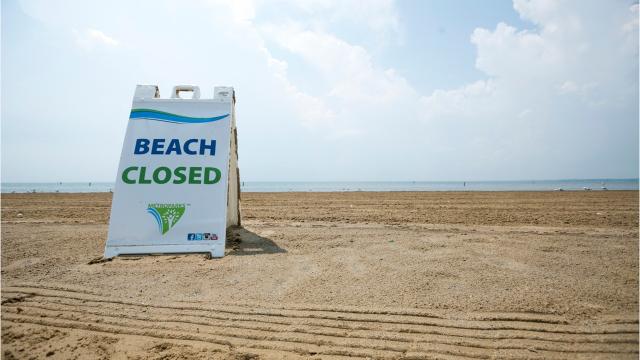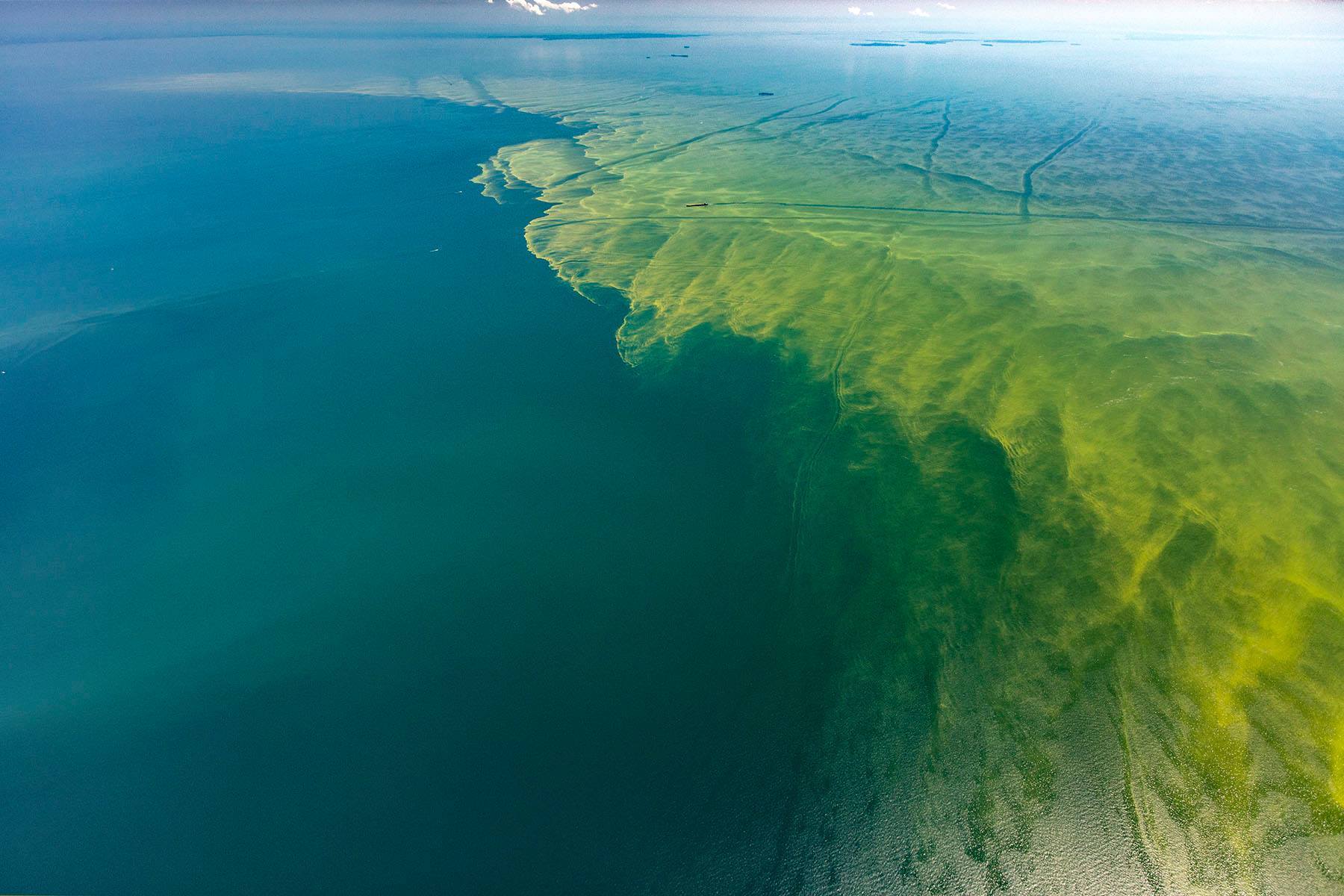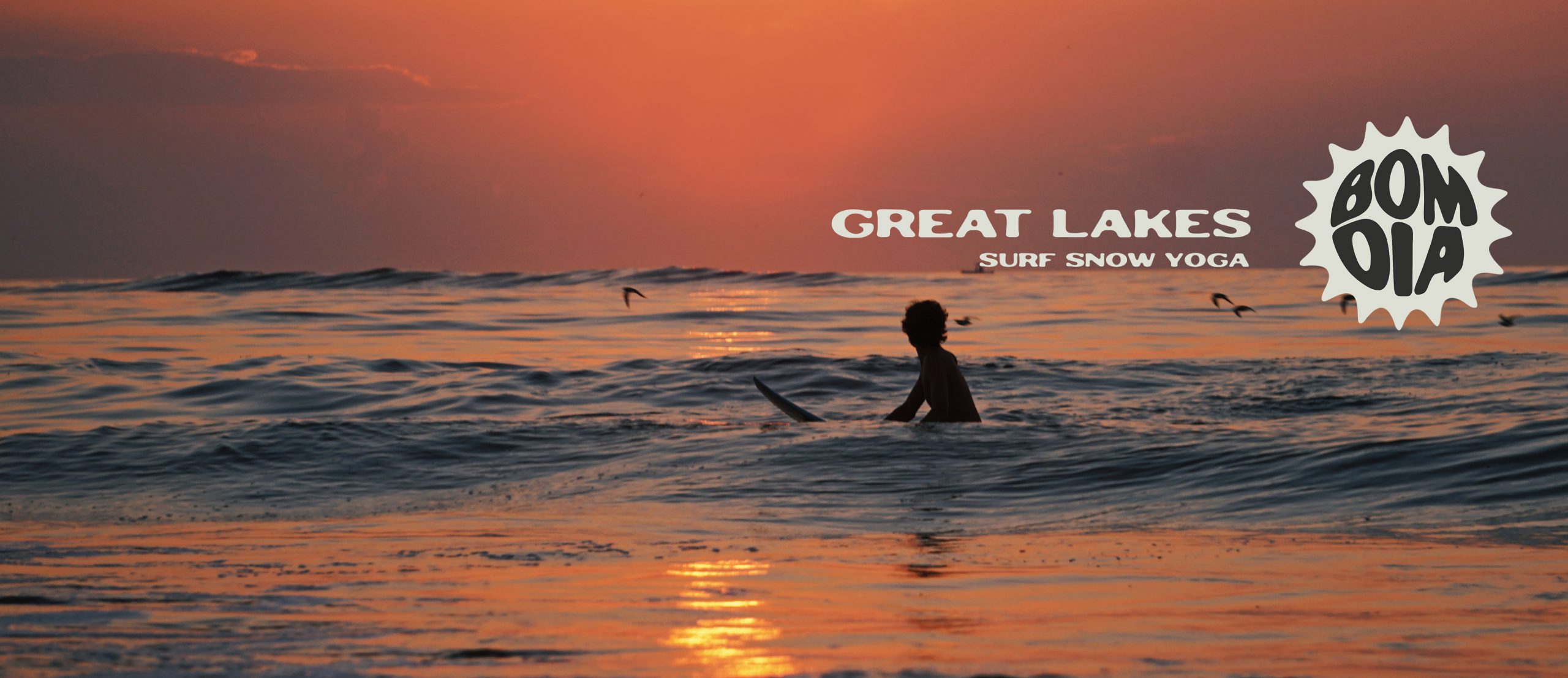What We Can do to Help Reduce Water Pollution in Our Lakes
“Every time it rains, our city takes a bath.”
Every year we are prone to multiple Lake St. Clair beach closings, Lake Erie algae blooms and now flooding. High levels of Escherichia coli, commonly called E. coli, an intestinal bacteria associated with human and animal feces contamination that can make people extremely ill. Smelly muck, largely composed of spreading algae fueled by all of the nutrients flowing into the lake, chokes areas of the shoreline every year.
In agricultural areas like Ohio, algae blooms are a real threat to animals and humans due to fertilizer run off from commercial farming. According to the EPA, algae blooms:
- Produce extremely dangerous toxins that can sicken or kill people and animals
- Create dead zones in the water
- Raise treatment costs for drinking water
- Hurt industries that depend on clean water

“I think the average person has no idea that these (sewer and storm drain) waters get combined in the pipes — that it almost doesn’t matter if you flush it down the toilet or if it goes down the drain. It goes to the same facility, and when it rains a lot, it overflows.”
We are a part of pollution. It wasn’t until recently, that I truly understood the impact of everything that goes down my drain in SCS. Pesticides, fertilizers, herbicides, pet and goose feces, chemicals, oils, litter, and organic matter go into our storm drains, it then eventually ends up in our lakes. Water travels from our houses/businesses/streets to a plant to get treated and then back into our lakes. However, during heavy rain it does not get treated and travels directly to the lake due to overflow.
“Everything has been blacktopped and paved over. What used to be farmland or open fields has basically disappeared,” he said. Those natural areas that used to hold, filter and slowly move rainwater into the ground now send rains rushing quickly over impervious surfaces into the rivers and drains.
We live in a concrete jungle. There are no longer open grassy areas, free from chemicals, for water to settle in. Most rain fall flows into our drains and ends up in our lakes with everything it has collected along its path. As we become more aware and shift our priorities as citizens and consumers, we can encourage our cities to work towards more conscious decision making. To make our environment just as high as a priority as our health since they are directly related and even higher than financial profits.
Some things we can do to prevent excess pollution in our precious lakes are:
- Reduce the use of Concrete. Concrete is the largest culprit forcing us to use storm drain systems. There is no where for water to go. Reduce the amount of concrete and building on our precious lands. Consider alternatives when building for commercial and residential.
- Plant rain gardens. Gardens are seriously under-rated for flood protection, and movements like Depave are needed to help towns and cities. Planting gardens with trees, shrubs and grasses helps to soak up rainwater in the ground like a sponge. Car parking on front gardens can use well-drained gravel, porous block paving, permeable asphalt, and even a new fast-draining concrete that soaks up rainwater so rapidly the water disappears almost instantly.
- DO NOT USE fertilizers, chemicals or pesticides. Wash your car on you lawn. Weeds play an important role in our eco-system, there are benefits and healing properties. Limit use of water when it is raining.
- Make use of rain barrels for collecting and reusing fresh water. This helps keep water flow from our roofs out of our drains. This reduces the amount of overflow flood water that releases into our lakes. Check with your city municipality to purchase a rain barrel.
- Promote and Practice Organic Farming. If you are responsible for a commercial farm or personal farm, educate yourself and research organic farming options.
- Start Local. Meet with your city council about options to limit/ban use of fertilizers, herbicides and pesticides.
Resources:
- http://www.scswec.org/
- https://www.epa.gov/nutrientpollution/harmful-algal-blooms







No Comments